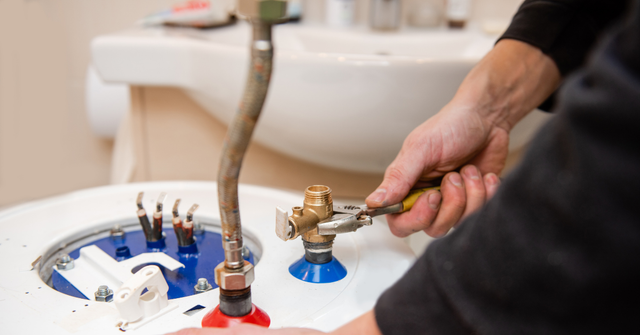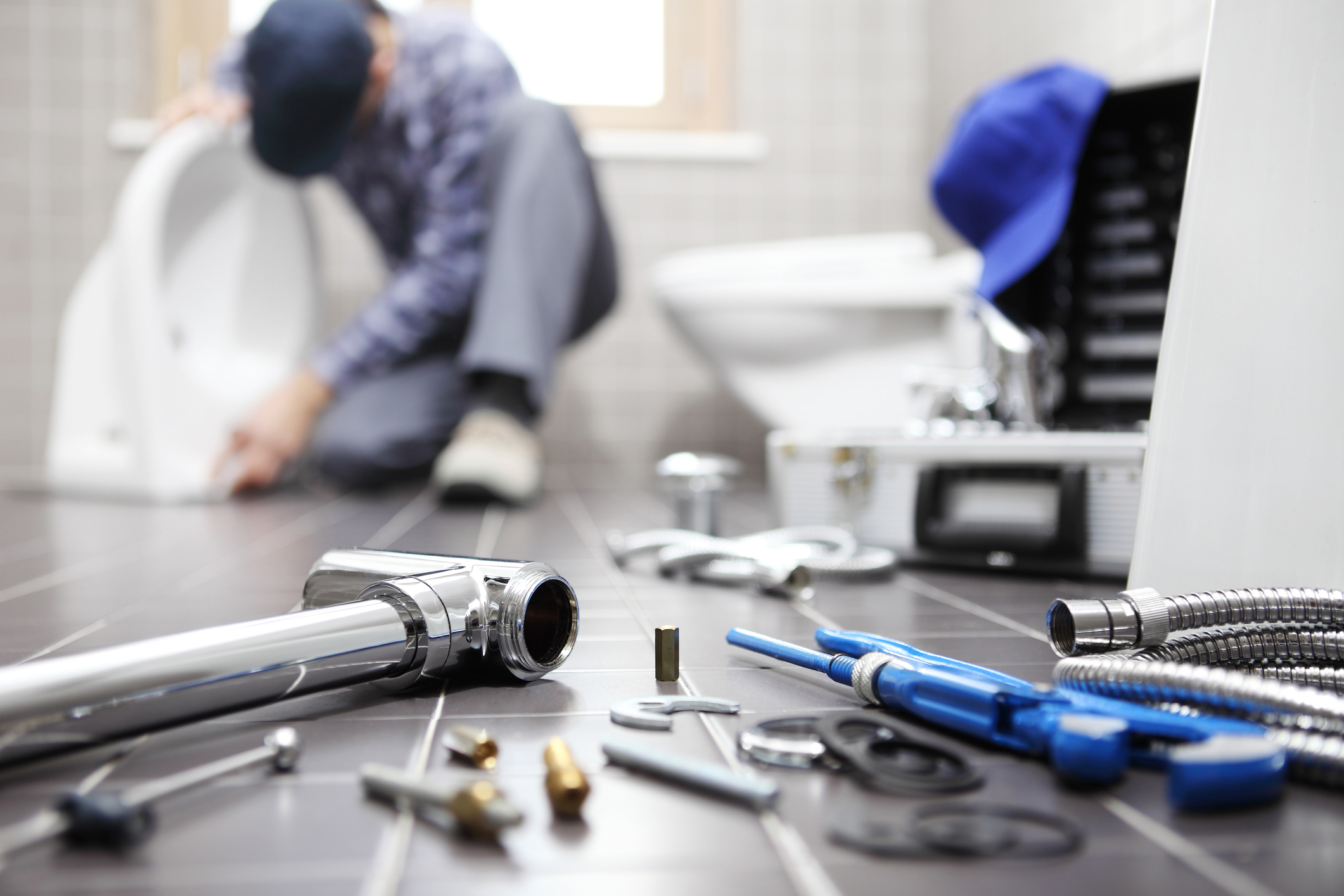What're your opinions with regards to 9 Reasons for Low Water Pressure in Your House?

Low tide pressure in your home can be a frustrating trouble, affecting every little thing from bathing to washing recipes. If you're experiencing weak water circulation, there are a number of feasible reasons and services to check out. In this overview, we'll go over typical reasons for low water pressure and practical steps to attend to the issue effectively.
Introduction to Low Tide Pressure
Low water stress happens when the circulation of water from your taps, showers, and other fixtures is weak than common. This can make everyday tasks extra difficult and less effective. Comprehending the root causes of low tide stress is vital to locating the appropriate service.
Common Causes of Low Water Pressure
Faulty Stress Regulators
Stress regulatory authorities are in charge of keeping constant water stress in your home. If they malfunction, it can cause low water stress or unequal flow throughout your home.
Local Water Supply Issues
Often, the issue exists outside your home. Community water supply issues, such as main line leaks or maintenance job, can briefly decrease water pressure in your location.
Pipeline Obstructions
With time, pipelines can end up being blocked with natural resource, sediment, or particles, limiting the flow of water. This is an usual issue in older homes with galvanized steel pipes.
Corrosion
Deterioration within pipes can result in leaks and lowered water stress. Corrosion buildup can constrict water flow, specifically in aging plumbing systems.
How to Diagnose Low Tide Stress
Checking Pipes
Inspect noticeable pipes for indicators of leaks, rust, or clogs. Take note of any kind of uncommon audios, such as banging or rattling pipelines, which can indicate problems within the plumbing system.
Consulting with a Plumber
If you're unable to determine the cause of low water pressure, consider working with an expert plumber to perform an extensive evaluation. They can recognize underlying concerns and advise ideal remedies.
Checking Faucets and Components
Begin by checking the water pressure at different faucets and fixtures throughout your home. If the issue is separated to specific areas, it may suggest local troubles.
Do It Yourself Solutions to Fix Low Water Stress
Flushing Hot Water Heater
Sediment buildup in the water heater can limit flow and minimize effectiveness. Purging the tank periodically assists remove sediment and preserve optimal efficiency.
Inspecting Stress Regulator
Make sure that the stress regulator is operating correctly. Changing or replacing the regulatory authority can aid recover correct water stress throughout your home.
Cleaning Aerators and Showerheads
Mineral deposits can build up in aerators and showerheads, reducing water circulation. Remove and clean up these elements on a regular basis to enhance water stress.
Clearing Clogs in Pipeline
For minor clogs, attempt making use of a plumbing snake or chemical drain cleaner to clear obstructions in pipelines. Beware when using chemicals and follow security guidelines.
When to Call an Expert Plumber
If DIY initiatives fail to resolve the problem or if you believe significant plumbing problems, it's best to seek assistance from a qualified plumber. They have the know-how and devices to deal with intricate problems safely and successfully.
Preventive Measures to Keep Water Pressure
Installing a Pressure Booster
Think about mounting a pressure booster pump to enhance water stress in locations with consistently reduced flow. This can be particularly advantageous for multi-story homes or properties with high-demand fixtures.
Monitoring Water Usage
Be mindful of water use habits and avoid ill-using the plumbing system. Straightforward adjustments, such as incredible showers and laundry loads, can aid keep sufficient water pressure.
Routine Upkeep
Arrange regular upkeep for your plumbing system to stop concerns such as rust, leakages, and blockages. Attending to small issues early can assist stay clear of more considerable repairs later.
Final thought
Handling low water stress can be irritating, yet determining the underlying causes and carrying out proper options can recover optimum circulation throughout your home. Whether it's cleaning aerators, inspecting pipes, or speaking with a plumber, taking proactive steps can guarantee a steady supply of water for your day-to-day needs.
FOUR WAYS TO FIX LOW WATER PRESSURE NOW
Turning on a shower or faucet only to find the water comes out in a sad, slow drizzle is never a good feeling. How exactly are you supposed to wash a pan or take a quick shower when it takes 10 minutes just to rinse off a little soap? The good news is that when your water pressure is bad, there's always a cause: typically one that can be easily fixed. Here are some of the most common causes of low pressure and what you can do to fix the issue:
DEBRIS AND MINERAL DEPOSIT BUILDUPS
If you notice low water pressure from just one or two of the fixtures in your house, the problem likely has to do with debris buildup. Water is full of minerals and other debris, all of which can accumulate in your pipes and on your fixtures. This can cause a blockage that affects how much water flows through. To fix this, try filling a small plastic bag with white vinegar, and use a rubber band to hang it around your showerhead or faucet. Let the head of the fixture soak for a few hours, and the vinegar should loosen the deposits.
WATER LEAKS
Leaks are another common cause of low water pressure. If water is flowing out of your plumbing through a hole or crack before it can reach your fixture, the pressure coming out of the faucet or showerhead will be lower. A plumbing professional is your best bet for finding and repairing a leak in your water supply pipes.
Leaks are another common cause of low water pressure. If water is flowing out of your plumbing through a hole or crack before it can reach your fixture, the pressure coming out of the faucet or showerhead will be lower. A plumbing professional is your best bet for finding and repairing a leak in your water supply pipes.
A VALVE ISSUE
If you have low water pressure throughout your home, check your main shut-off valve to make sure it's completely open. You may also want to see if there's a pressure-reducing valve installed. If there is, have a plumber help you adjust the settings to get the pressure you're looking for.
OTHERS USING WATER
Believe it or not, your low water pressure could be caused by your neighbors. If you notice low pressure at certain times of day, it may be because you and the people living next to you have similar schedules - when everyone is showering at the same time, the pressure will be lower in every home. Low pressure throughout the neighborhood may also be caused by an issue with your municipal water supply. If that's the case, call the supplier to see if they're working on the issue.
https://www.rotorooter.com/blog/water-leaking/low-water-pressure-fixes/

I came across that page about Low Water Pressure in the House? while doing a lookup on the web. Loved our blog entry? Please quickly share it. Let other people find it. I praise you for your time. Return soon.
Click Here
Comments on “The Guide to Addressing Low Water Pressure in Your Home”